By MS. NORRIS
For the 1999-2000 school year, Gulf High School is piloting a program called The Senior Project. It is being housed in the English department and affects only those students in the IHHS Learning Community who signed up for it as well as some students outside the community who wished to “visit” for the purpose of participating in this program. This year there is a total of 57 students who will complete the program. In the 2000-2001 school year, The Senior Project will be completed by all seniors. Ms. Norris is the Senior Project Coordinator for the program, and she teaches two sections of Senior Project English along with Mr. Jacobs who has one section.
Gulf High School became actively involved with The Senior Project over two years ago when Ms. Norris was sent to be trained in the program. Since that time, thirteen faculty members and three administrators have been through the training. In August of 2000, the entire faculty and staff will be trained by the creator of the program. The school is also being guided through the pilot program by SERVE (SouthEastern Regional Vision for Education) which has provided a small stipend and resources for implementation.
The program allows students to clearly demonstrate the exit skills with which they can take into the world to be successful. These include: the ability to write, speak, apply knowledge and skills, problem solve, and to practice the life skills of time management, organization and risk taking. One of the key elements of the program is that students must find an academic “stretch”–that is, a component which requires the student to learn something new or to try something which they have never done before.
The program is multi-faceted in that each senior is to write a research paper on a topic of their choice; produce a project/product that is somehow related to their research; maintain a portfolio that contains all related assignments about their Senior Project journey; and give a formal, oral presentation before a board of judges where the student must explain and defend their work.
Each student is required to have a mentor in the community to help guide them with their project. For example, if a student chose to research the history of jewelry making, and for their project wanted to learn how to manufacture a piece of jewelry, they could find a master jeweler in the community to be their mentor. The jeweler would serve to mentor the student in learning about jeweler’s tools and provide guidance in the design and manufacturing of a piece of jewelry for the project. The student is required to log a minimum of 15 hours of work done outside of school on the project which will be documented by the mentor. The typical student usually logs 40 hours.
This program pulls together the school community of faculty, staff, and students along with the members of the outside community who serve as mentors and judges for the oral presentations.
In states where this program has been in place for years, there is documented evidence that students who complete The Senior Project perform better in college than their peers who have not been through the program. Colleges and universities are impressed by applicants who have completed a Senior Project. There is anecdotal research that also shows that students who complete this program are more inclined to be better prepared for the work world. Students who complete The Senior Project should be able to move on to college, work, or vocation with the self-confidence and skills that will take them into the New Millennium.




